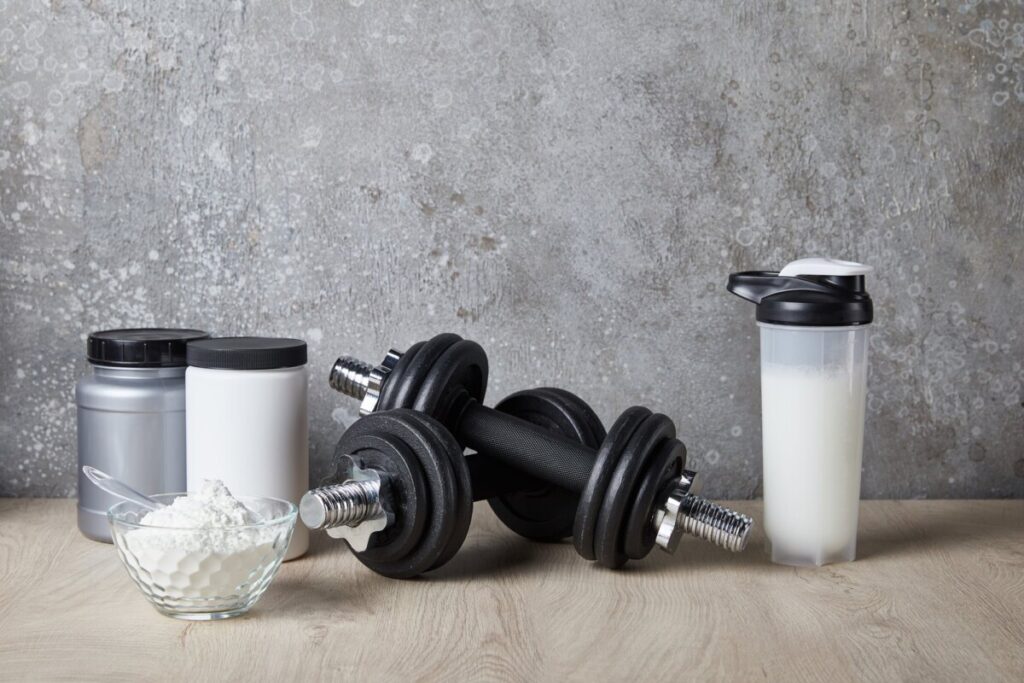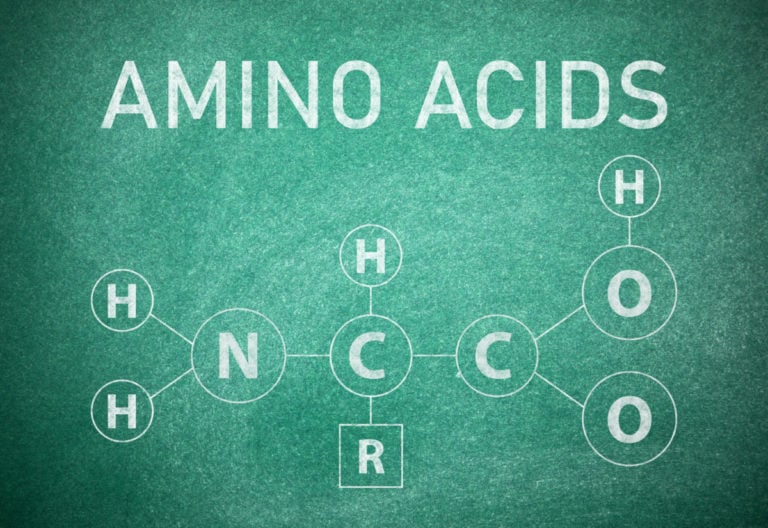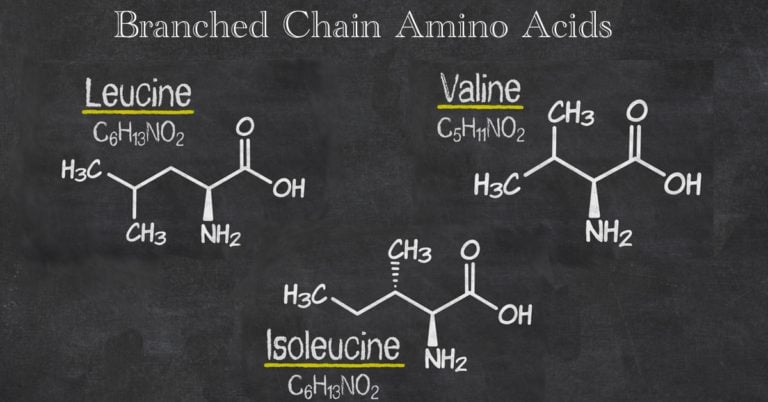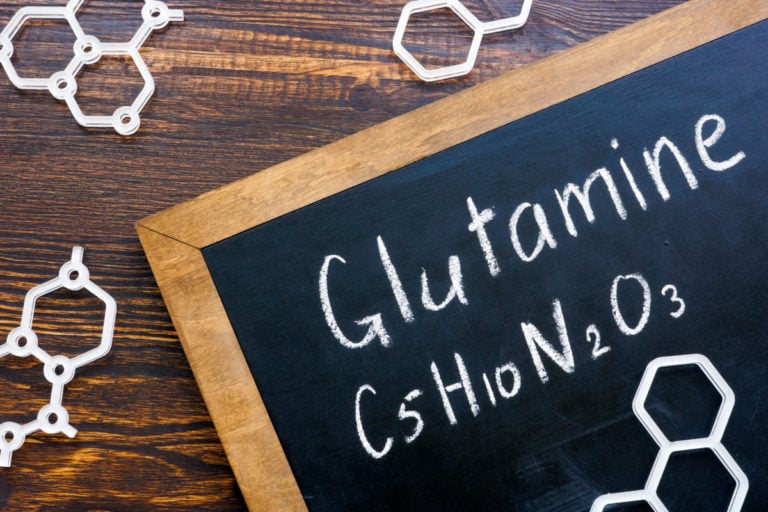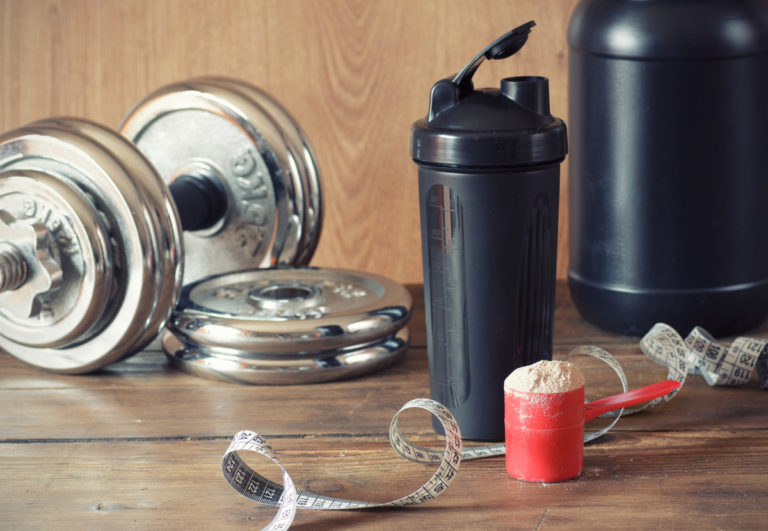How to take protein to gain muscle mass: how to calculate how many grams of protein you need and whether you have to resort to protein powder or you can get everything from food. What is healthier – protein or protein from meat, fish and why?
The most popular supplement of all time in any gym. Do you want to gain weight? Buy protein powder. Do you want to lose weight? Protein will help maintain muscle. Do you want to be healthy like the guys in the picture? You can’t do without a can of powder. The additive is available in any form; you can even buy ready-made cocktails. And if you don’t feel like drinking, then you can take a protein bar. But is all this necessary?
Many uninformed gym goers mistake protein for a “chemical”, equating it with anabolic steroids, which it certainly is not. Protein, like any dietary supplement, is only an additive to the main diet. It does not have miraculous properties and is certainly not suitable for all occasions.
Like any addition to food, protein cannot serve as a complete replacement for a balanced diet. After all, no one thinks that chicken eggs or breasts can turn you into a muscular guy? The answer will be obvious that this is complete nonsense. Why, if you grind this chicken, put it in a jar and write in capital letters how much protein there is, call it super protein, attach a healthy man to the picture, and “voila” marketing has done its job.
With today’s media capabilities, you can easily turn even outright stupidity into a cure for all diseases. You invite healthy men, show beautiful videos, give this protein to fashionable fitness bloggers, launch studies paid for by pharmaceutical companies, and they advise that you need to eat at least 2 g of protein per kg of weight.
Naturally, no one can provide so much chicken and eggs with cottage cheese, and people are forced to run to the sports nutrition store. And there is another “experienced” gym salesman waiting there, who is also interested in selling you more of this miracle powder.
So should you take protein powder or not?
Taking additional protein is necessary only if there is a deficiency. According to the latest research it needs to be much lower than studies with conflicts of interest show.
Or maybe you just need more protein to gain weight?
I’ll tell you a terrible secret, but no one gains anything on protein. If you like stereotypes, then look at the standard menu of any bodybuilder. You know, they don’t put much emphasis on protein and chicken breast, but they respect rice. Why? Because they gain weight not on protein, but on carbohydrates.

Rice contains a large amount of carbohydrates, so it is eaten in large portions, I would say “bowls”. Therefore, first of all, when gaining weight, you need to worry about the amount of carbohydrates in your diet, then about protein and fat. In addition, too much protein intake can lead to various diseases. There is plenty of research on its effect on our body. I will list just some of the negative consequences:
- Kidney overload. As the body processes protein, it creates nitrogenous waste, which is then excreted through the kidneys. With increased protein intake, the kidneys face an increased volume of processing and excreting these waste products, which can place additional stress on the organs. Excess protein intake can lead to increased blood urea concentrations, which will affect kidney function over time. If you are predisposed to kidney disease or have already compromised kidney function, high levels of protein in the diet may worsen kidney health problems.
- Increased cholesterol levels. Most often, it’s not even about the proteins themselves, but about protein-containing products. There are foods containing protein and fats. These are nuts, eggs, there is quite a lot of protein, but at the same time there is a lot of fat. Accordingly, the more fat, the higher the risk of cardiovascular diseases, such as atherosclerosis and coronary heart disease.
- Calcium imbalance. Excess protein in the diet can lead to increased calcium excretion through urine. This can lead to the development of calcium deficiency in the body and increase the risk of developing osteoporosis and kidney stones.
It turns out that additional intake of protein powder is not needed at all?
To begin with, I would advise balancing your diet according to the recommendations of the World Health Organization (WHO). It is necessary to include vegetables, fruits, whole grain products (which also contain protein), lean meat and fish, and dairy products.

Many of them will contain protein and you will definitely gain your 1.2-1.4 g/kg weight. However, if somehow you don’t have enough protein in your diet, or you just love delicious chocolate shakes, you can sometimes add a scoop of protein powder for flavor.
Sometimes I recommend to my clients to keep a few protein bars in reserve. In fact, they’re very filling and make a great snack when you don’t have anything healthier on hand. It is also possible to consume the bar before training, so that after a hard hungry day you do not faint.
The reference protein is not protein powder or even protein bars, but an ordinary chicken egg. All micronutrients in it are selected in such a way that even dietary supplement manufacturers are guided by its composition. And that’s why:
- Eggs have a full set of amino acids: The body is not able to synthesize many of these amino acids on its own. We need amino acids for growth, tissue regeneration and maintaining health and many other functions.
- High Globulin Content: Eggs contain a high concentration of globulin, which is one of the most digestible and digestible proteins.
- In addition to protein, eggs contain various vitamins, including vitamin B12, vitamin A, vitamin D and minerals (iron and zinc), which are also important for the health and functioning of the body.
- Eggs are an affordable product that can be easily included in your diet. They can be used as a separate dish or as an integral component for cooking.
